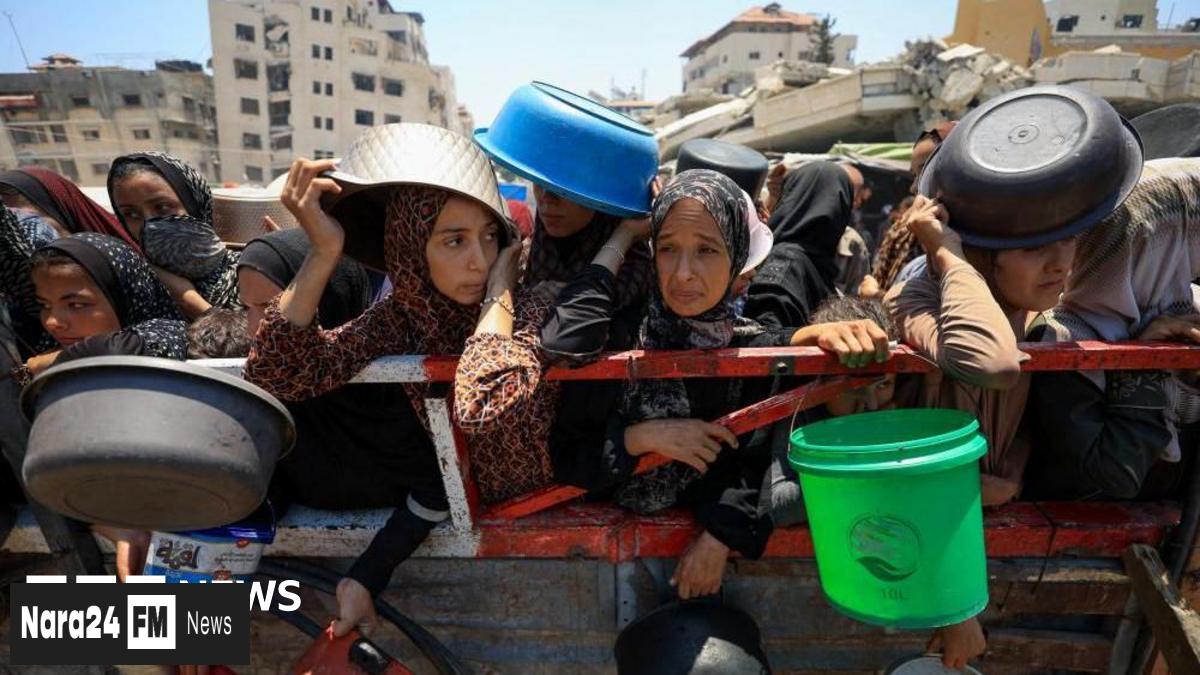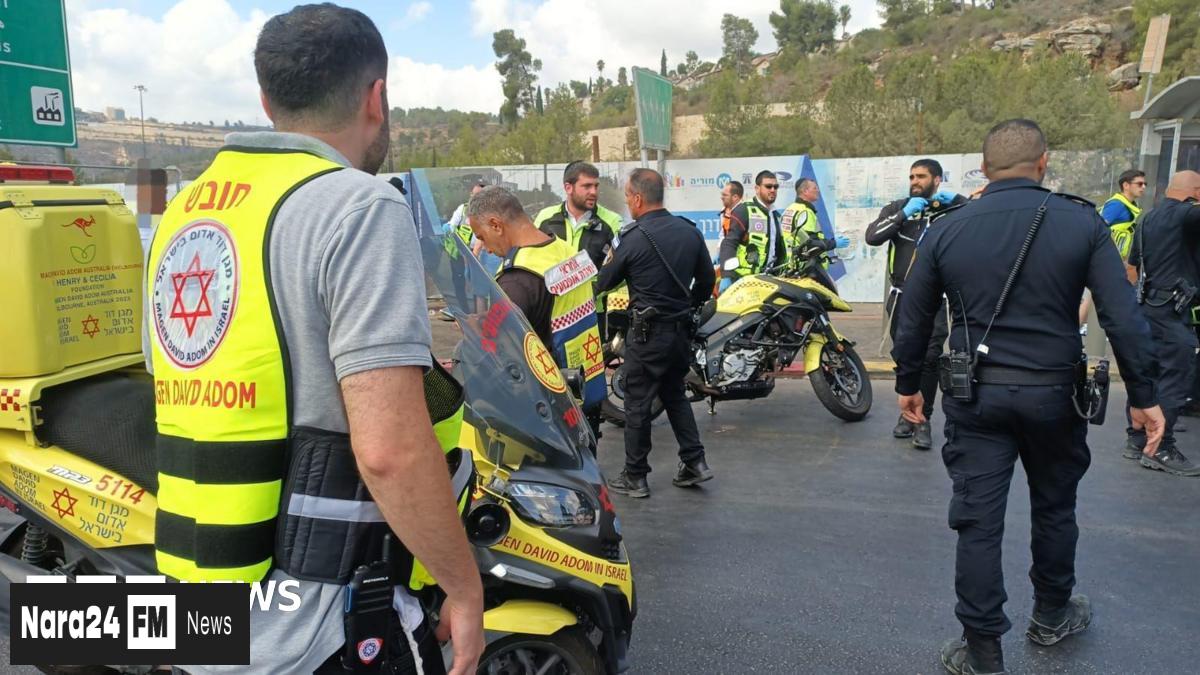In This Article
- Background: Hamas's Attack and Israel's Strategic Missteps
- Humanitarian Crisis in Gaza and War Crimes Allegations
- International Criticism and ICC Actions Against Israel
- Domestic Political Pressures on Netanyahu's Government
- Ceasefire Prospects and Ongoing Conflict Challenges
Key Takeaways
- Hamas committed war crimes during its October 7, 2023 attack, including killing 1,200 civilians and abducting 251 hostages, with 20 still alive.
- Israel faces ICC arrest warrants for Netanyahu and his former defense minister over alleged war crimes, such as deliberate starvation and disproportionate destruction in Gaza.
- Allies including the UK, EU, Canada, and Japan condemned Israel's humanitarian aid distribution model as 'dangerous' and 'inhumane,' citing civilian suffering and the killing of over 800 Palestinians seeking basic necessities.
- International journalists and organizations like the WHO report restricted access and attacks on medical facilities in Gaza, exacerbating the humanitarian crisis.
- Netanyahu's refusal to investigate security failures and pressure from extremist coalition members complicate prospects for a ceasefire and political stability in Israel.
Two years ago, Hamas was nearing the completion of its plan to attack Israel, while Prime Minister Benjamin Netanyahu focused on managing relations with Iran and normalizing ties with Saudi Arabia. However, the subsequent events have revealed a series of missteps and illusions that allowed Hamas to launch a devastating assault on October 7, 2023.
Netanyahu has steadfastly refused to establish an inquiry into the mistakes made by his military and security chiefs, which provided Hamas with the opportunity to strike with deadly precision. The century-long conflict between Jews and Arabs over the land between the River Jordan and the Mediterranean continues to fester, with the recent war potentially rivaling the significance of the 1948 and 1967 conflicts.
Since the outbreak of the war, the situation in Gaza has reached a critical point. The World Health Organization (WHO) has condemned Israeli attacks on medical facilities, while international journalists have faced restrictions on reporting from the region. Despite these challenges, key facts remain clear: Hamas committed war crimes during its initial attacks, including the killing of 1,200 civilians and the abduction of 251 hostages, with 20 still believed alive.
Israel, too, faces accusations of war crimes, including the deliberate starvation of Gaza's civilians, the failure to protect them during military operations that resulted in the deaths of tens of thousands of innocents, and the destruction of entire towns in a manner deemed disproportionate to the military risks it faces. The International Criminal Court (ICC) has issued arrest warrants for Netanyahu and his former defense minister, both of whom deny the charges, calling them baseless and antisemitic.
Israel's actions have drawn growing criticism from its allies. A joint statement signed by foreign ministers from the UK, the European Union, Canada, Australia, New Zealand, and Japan on July 21 condemned Israel's aid distribution model as "dangerous" and "inhumane," highlighting the suffering of civilians and the arbitrary denial of essential humanitarian assistance. The statement also condemned the killing of over 800 Palestinians seeking basic necessities like water and food.
UK Foreign Secretary David Lammy echoed these concerns, urging stronger action from the government. Labour MPs have expressed frustration over the lack of decisive measures, with some suggesting "fury" at the government's reluctance to recognize a Palestinian state or take more robust steps against Israel. Meanwhile, the conflict's impact on Israel's domestic politics is evident, with Netanyahu facing pressure from extremist nationalists in his coalition who oppose a ceasefire.
As Israel's parliament approaches its summer recess, Netanyahu's political survival hangs in the balance. A potential ceasefire could offer a glimmer of hope for Gaza's civilians and the Israeli hostages held by Hamas. However, the conflict's depth and complexity suggest that peace remains elusive, and the road to resolution is fraught with challenges.








Comments (0)
Leave a Comment
Be the first to comment on this article!